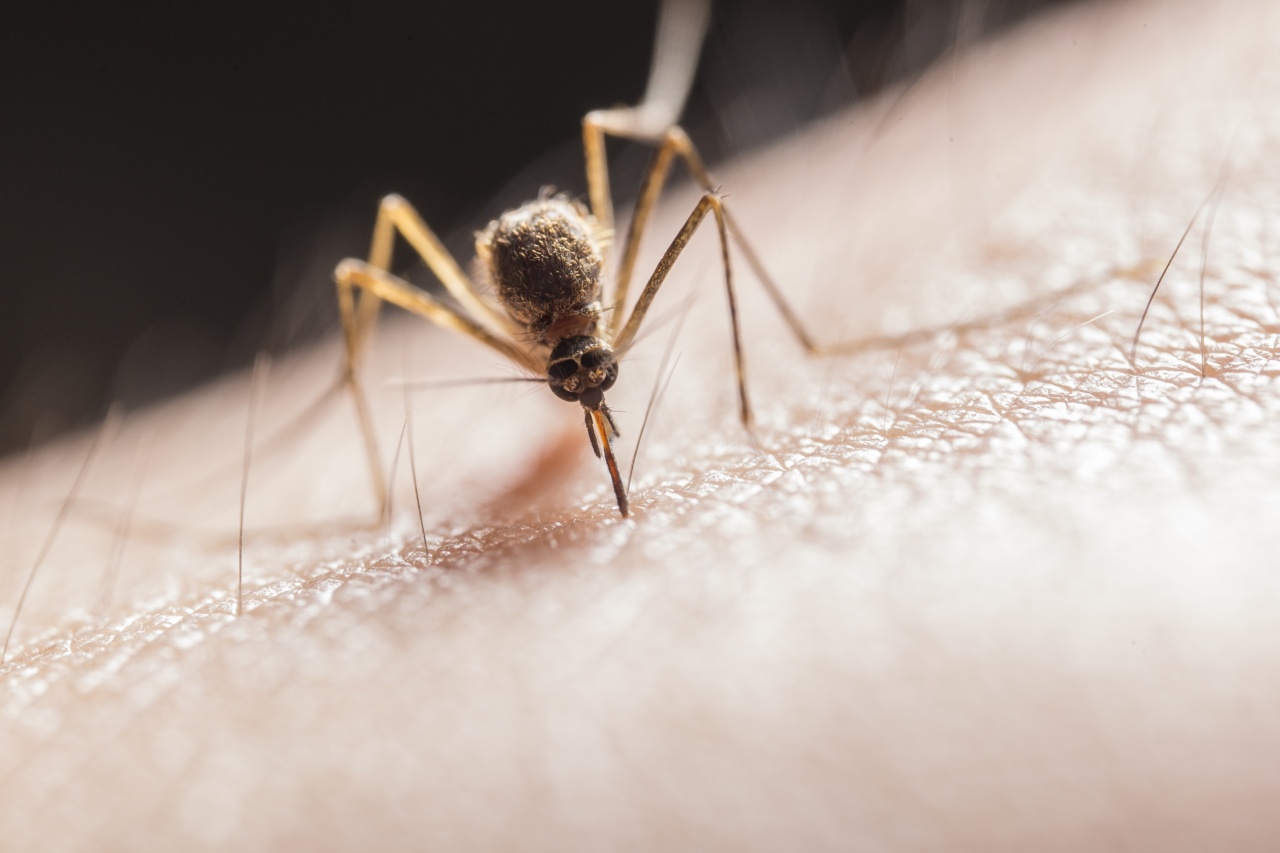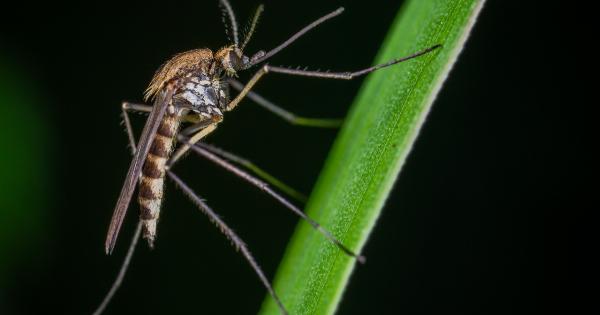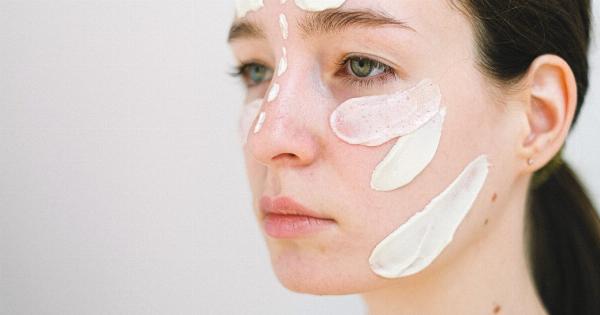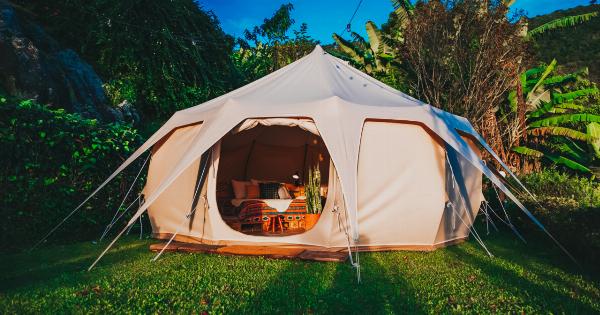Mosquitoes are not just pesky insects that annoy you with their bites; they can also be carriers of various diseases. Mosquito-borne illnesses, also known as vector-borne diseases, are a significant health concern in many parts of the world.
These diseases can range from mild to severe, and some may even be life-threatening. However, with proper precautions and preventive measures, you can significantly reduce the risk of infection. Here are some essential tips for avoiding mosquito-borne diseases:.
1. Eliminate Mosquito Breeding Sites
One of the most effective ways to prevent mosquito-borne diseases is by eliminating their breeding sites. Mosquitoes breed in stagnant water, so ensure there is no standing water around your home.
Regularly empty and clean containers that collect water, such as buckets, flower pots, or birdbaths. Keep gutters clean and free from debris to prevent water from pooling. Managing and emptying outdoor containers helps eliminate potential breeding sites and reduces the mosquito population near your home.
2. Use Mosquito Repellents
Applying mosquito repellents is an essential part of protecting yourself from mosquito bites. Use a good quality mosquito repellent containing DEET, Picaridin, or Oil of Lemon Eucalyptus (OLE).
Apply the repellent on exposed skin, following the instructions on the product label. Applying repellents can provide you with long-lasting protection and significantly reduce the risk of mosquito-borne infections.
3. Wear Protective Clothing
Wearing appropriate clothing can provide an additional layer of defense against mosquitoes. When in mosquito-prone areas, opt for loose-fitting, long-sleeved shirts, long pants, socks, and closed-toe shoes.
Remember to tuck your pants into socks to prevent mosquitoes from biting through gaps. By covering exposed areas of skin, you can lower the risk of mosquito bites and potential infections.
4. Use Mosquito Nets
Mosquito nets are effective in preventing mosquito bites, especially while sleeping. Use bed nets treated with insecticides to ensure maximum protection. Make sure the netting has no holes or tears that mosquitoes can enter through.
Proper usage of mosquito nets provides a physical barrier between you and the mosquitoes, reducing the chances of contracting mosquito-borne diseases.
5. Avoid Peak Mosquito Activity
Mosquitoes are most active during dawn and dusk. If possible, avoid outdoor activities during these times. If you must go outside, take extra precautions such as applying mosquito repellent and wearing protective clothing.
By minimizing exposure during peak mosquito activity hours, you can decrease the likelihood of mosquito bites and potential infections.
6. Maintain Your Outdoor Space
Regular maintenance of your outdoor space can help reduce mosquito populations. Trim tall grasses, shrubs, and bushes to eliminate potential resting places for mosquitoes. Remove debris, leaf litter, and untended vegetation that can collect water.
Proper landscaping practices can ensure fewer places for mosquitoes to hide and breed, making your yard less attractive to these disease-carrying insects.
7. Install Window and Door Screens
Ensure that your windows and doors have screens in good condition. Properly fitted screens can keep mosquitoes from entering your home, providing a safe indoor environment.
Repair any holes or tears in the screens to prevent mosquitoes from bypassing the barrier. Keeping windows and doors shut or screened reduces the chances of mosquitoes entering your living spaces.
8. Avoid Stagnant Water
Avoid stagnant water or areas with high mosquito populations. Mosquitoes breed in stagnant water, which provides an ideal environment for their eggs to develop.
If you notice areas with standing water, such as ponds or puddles, take extra precautions to avoid getting bitten. Staying away from such areas reduces exposure to these disease-carrying vectors.
9. Be Aware of Travel Destinations
If you are traveling to areas known for mosquito-borne diseases or outbreaks, take additional precautions. Research your destination and learn about the prevalent mosquito-borne illnesses in that area.
Talk to your healthcare provider about necessary vaccinations or medications. Follow the local guidelines, use mosquito nets when sleeping, and apply insect repellents to protect yourself effectively.
10. Support Community Mosquito Control Efforts
Community mosquito control efforts can significantly reduce mosquito populations and prevent the spread of mosquito-borne diseases. Support these initiatives by cooperating with local authorities and organizations working towards mosquito control.
Participate in campaigns and educational programs to raise awareness about mosquito prevention measures.
By following the above tips, you can protect yourself and your family from mosquito-borne diseases. Remember, prevention is crucial when it comes to vector-borne illnesses.
Stay vigilant, take necessary precautions, and create an environment that is unattractive to mosquitoes. By doing so, you are not only safeguarding your health but also contributing to the overall reduction of mosquito-borne infections.


























